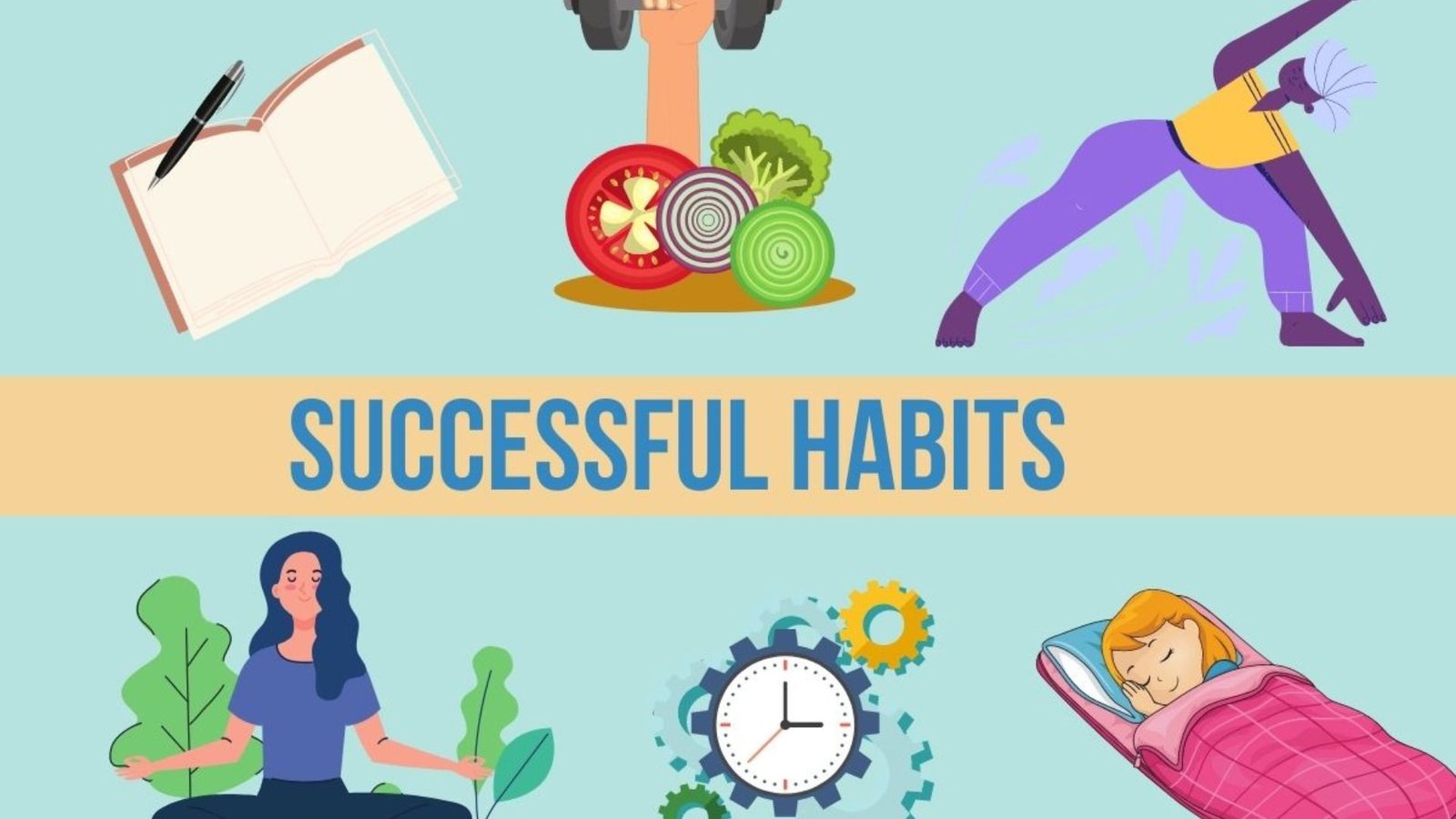Maintaining a balanced diet and practicing healthy eating habits are key to achieving overall well-being. By incorporating nutrient-rich foods and mindful eating strategies into your daily routine, you can improve your health, boost energy levels, and support long-term wellness. Here are some best practices for healthy eating and nutrition.

Focus on Whole Foods
Prioritize whole, unprocessed foods like fruits, vegetables, whole grains, lean proteins, and healthy fats. These foods are rich in essential nutrients, fiber, and antioxidants, which are vital for maintaining good health. Minimizing processed foods reduces your intake of unhealthy additives, sugars, and unhealthy fats.
Balance Your Plate
Aim to create balanced meals that include a variety of food groups. A good guideline is to fill half your plate with vegetables and fruits, a quarter with lean proteins (like fish, chicken, or plant-based options), and a quarter with whole grains. This approach ensures you get a mix of nutrients that your body needs to function optimally.
Practice Portion Control
Being mindful of portion sizes helps prevent overeating and supports a healthy weight. Use smaller plates, pay attention to hunger cues, and avoid eating out of large containers. Eating slowly and savoring each bite allows you to recognize when you’re full, reducing the likelihood of consuming excess calories.
Stay Hydrated
Proper hydration is crucial for overall health. Aim to drink at least 8 glasses of water daily, and more if you’re active or in a hot climate. Water helps regulate body temperature, aids digestion, and supports the transport of nutrients throughout your body. Herbal teas and water-rich fruits and vegetables can also contribute to your hydration needs.
Limit Added Sugars and Salt
Excessive sugar and salt intake can lead to various health issues, including heart disease, hypertension, and diabetes. Opt for natural sweeteners like honey or maple syrup, and use herbs and spices to flavor your food instead of relying on salt. Reading food labels can help you monitor and reduce your consumption of added sugars and sodium.
Incorporate Healthy Fats
Not all fats are created equal. Include sources of healthy fats in your diet, such as avocados, nuts, seeds, and olive oil. These fats are beneficial for heart health, support brain function, and provide long-lasting energy. Limit your intake of trans fats and saturated fats, which are found in fried foods and processed snacks.
Plan and Prepare Meals
Planning your meals in advance helps you make healthier food choices and avoid last-minute, unhealthy options. Prepare meals at home as often as possible, as this allows you to control ingredients and portion sizes. Batch cooking and using leftovers creatively can save time and ensure you have nutritious meals ready to go.
Eat Mindfully
Mindful eating involves paying attention to what, how, and why you eat. Avoid distractions like TV or smartphones during meals, and focus on the flavors, textures, and satisfaction of your food. This practice can help you develop a healthier relationship with food, prevent overeating, and enhance your enjoyment of meals.
Include a Variety of Foods
Eating a wide variety of foods ensures you get a broad spectrum of nutrients. Rotate different types of fruits, vegetables, proteins, and grains to avoid monotony and to benefit from the unique nutrients each food offers. Variety also keeps your meals interesting and satisfying.
Listen to Your Body
Pay attention to how your body responds to different foods and adjust your diet accordingly. If certain foods cause discomfort or digestive issues, consider reducing or eliminating them. Similarly, if you feel energized and well after eating certain meals, take note and incorporate those foods more regularly.
Tips for Healthy Eating and Nutrition
- Start with Small Changes: Instead of overhauling your diet all at once, make small, gradual changes. Swap out unhealthy snacks for fruits or nuts, or add an extra serving of vegetables to your dinner.
- Keep Healthy Snacks Handy: Stock your pantry with healthy snacks like yogurt, fresh fruits, or nuts. This way, when hunger strikes, you’re more likely to reach for something nutritious.
- Don’t Skip Meals: Skipping meals can lead to overeating later in the day. Aim for regular, balanced meals to keep your energy levels stable.
- Enjoy Treats in Moderation: It’s okay to enjoy your favorite treats occasionally. Balance is key, so don’t deprive yourself, but practice moderation.
Conclusion
Adopting healthy eating practices is essential for maintaining overall health and well-being. By focusing on whole foods, practicing portion control, staying hydrated, and listening to your body, you can create a sustainable and enjoyable approach to nutrition. Small, consistent changes can lead to significant long-term benefits.




